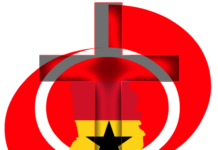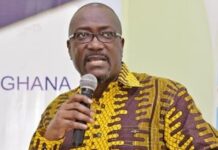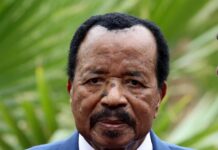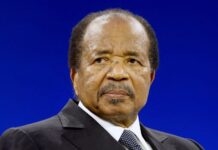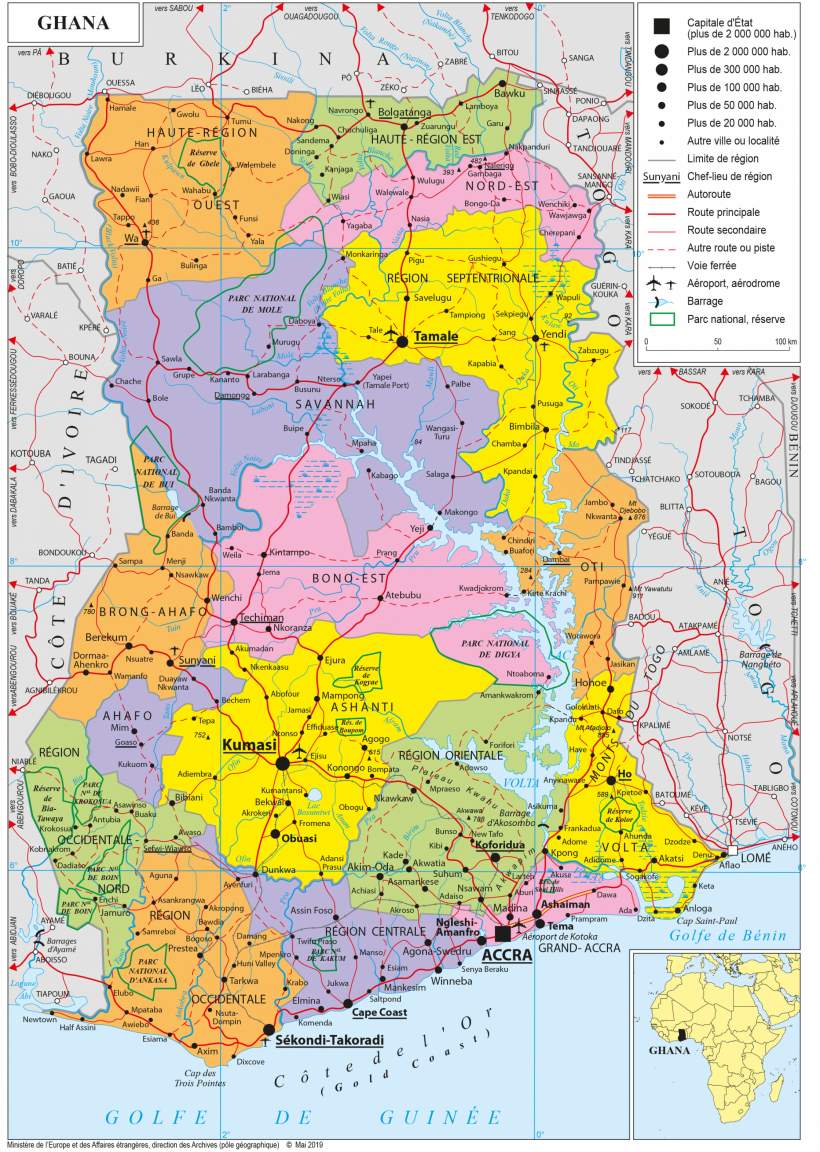
As Ghana approaches its much-anticipated 2024 general elections, the nation once again stands at the threshold of democracy’s dynamic crossroads.
This election season, brimming with significance, highlights Ghana’s democratic maturity and the unity of purpose that defines the country.
From the vibrant urban centers of Accra and Kumasi to the serene rural landscapes of Upper West and Volta, Ghana’s 276 constituencies across 16 regions come alive with political debates, promises, and hopes for the future.
276 Constituencies: The Pulse of Democracy
The electoral landscape in Ghana is divided into 276 constituencies, each a microcosm of the nation’s diverse tapestry. These constituencies reflect the voices of farmers, traders, teachers, students, and professionals, forming the lifeblood of the election process. Each constituency offers a unique perspective on the pressing issues—ranging from infrastructure and education to healthcare and youth employment—that shape Ghana’s political discourse.
In these constituencies, Members of Parliament (MPs) are elected, playing a crucial role in national legislation. As voters in these areas prepare to cast their ballots, the questions they consider are not merely about their communities but the broader direction Ghana should take in the years to come.
16 Regions: A Mosaic of Unity in Diversity
Ghana’s 16 regions, each with its distinct culture, economy, and aspirations, form the bedrock of its governance structure. From the bustling Greater Accra Region, the nation’s economic powerhouse, to the Northern Region, rich in culture and tradition, and the oil-rich Western Region, the diversity is profound.
Recent regional reorganizations, such as the creation of new regions like Oti and Western North, have been pivotal in decentralizing governance and bringing development closer to the people. These regions will play a critical role in shaping the outcome of the 2024 elections, as political parties and candidates tailor their campaigns to resonate with the unique needs of each area.
12 Candidates: Diverse Choices for the Presidency
The 2024 election is set to be one of the most competitive in Ghana’s history, with 12 presidential candidates vying for the nation’s highest office. Representing a spectrum of ideologies, these candidates bring fresh ideas, contrasting visions, and varying leadership styles to the table.
The leading contenders include familiar faces from the two dominant political parties: the New Patriotic Party (NPP) and the National Democratic Congress (NDC). However, the inclusion of other candidates from smaller parties and independent aspirants ensures a broad range of choices for voters, fostering a vibrant multi-party democracy.
For the youth, who constitute a significant portion of the electorate, these candidates’ policies on education, job creation, and technology adoption will weigh heavily. Meanwhile, rural voters may prioritize agricultural reforms, access to healthcare, and infrastructure development.
One President: The Unity of Purpose
While the election showcases Ghana’s diversity in candidates, constituencies, and regional dynamics, the ultimate goal is singular: electing one president who will lead the country for the next four years. The president will be tasked with uniting a nation that values both its cultural diversity and its collective aspirations.
The presidency represents not just a political office but a beacon of hope for millions. The president’s mandate is to embody the values of integrity, transparency, and commitment to progress. Whether addressing economic challenges, fostering peace in the sub-region, or tackling global issues like climate change, Ghana’s next president must rise to the occasion with vision and vigor.
The Election Journey: A Celebration of Democracy
Ghana’s elections are a celebration of its democratic heritage. Since transitioning to multi-party democracy in 1992, the country has remained a model of peaceful political transitions in Africa. The 2024 elections are no exception, with the Electoral Commission of Ghana working tirelessly to ensure transparency, fairness, and inclusivity.
The enthusiasm among voters, the debates among candidates, and the vibrant participation of civil society underline Ghana’s commitment to strengthening its democratic institutions. International observers, regional partners, and the Ghanaian diaspora eagerly watch as the nation sets yet another benchmark in electoral integrity.
The Path Forward: Hope and Responsibility
As Ghana marches toward December 7, 2024, the stakes are high, and the anticipation is palpable. Every vote cast will shape the narrative of a country determined to progress while preserving its democratic ideals. The challenges ahead are undeniable, but so is the resilience of the Ghanaian spirit.
In the end, 276 constituencies, 16 regions, 12 candidates, and one president reflect the beautiful paradox of democracy: diversity in choice, unity in purpose. Ghana’s elections are not merely a political event—they are a testament to the enduring belief that the power to transform a nation lies in the hands of its people.
As the sun rises on Election Day, may every Ghanaian voter, from the bustling streets of Accra to the tranquil savannas of the north, feel the weight and privilege of their decision. Together, they will define the next chapter of Ghana’s remarkable story.







